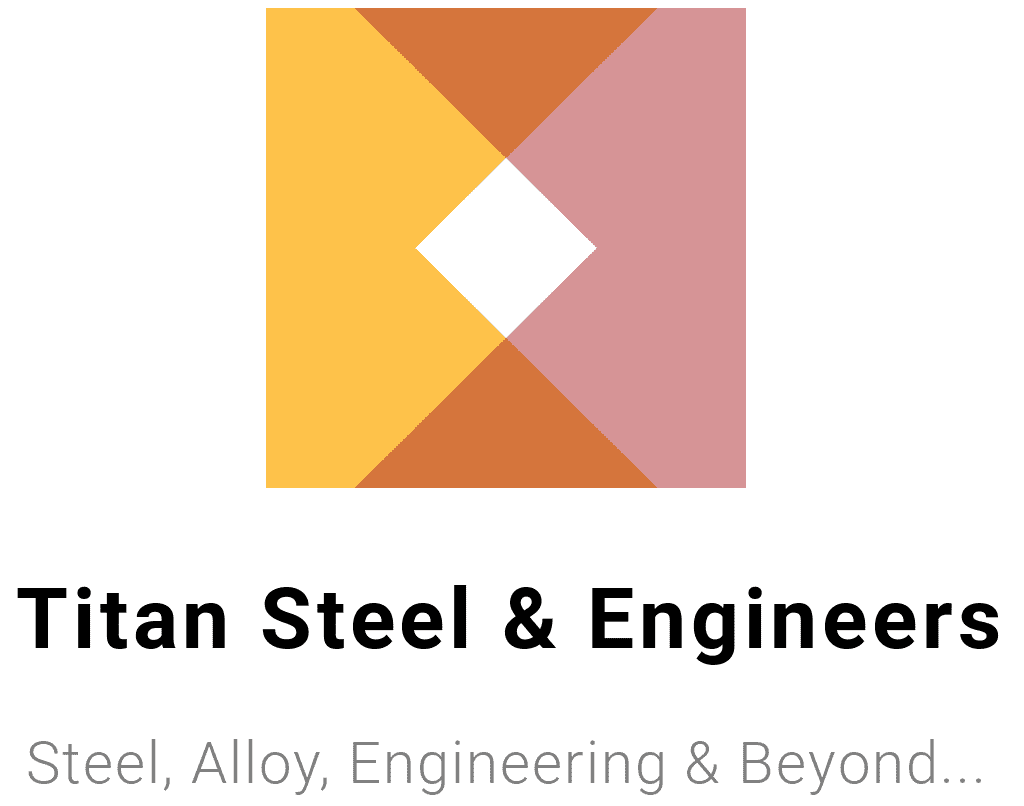Alloy Wheels vs Steel Wheels: Which is Right for Your Car?
When it comes to choosing the right wheels for your vehicle, the debate between alloy wheels and steel wheels is a common one. Each option offers unique benefits, but the decision ultimately comes down to your needs, style preferences, and driving habits. This article will walk you through the key differences, pros, and cons of alloy and steel wheels to help you make an informed choice.
What Are Alloy Wheels?
Materials and Manufacturing
Alloy wheels are made from a combination of lightweight metals, typically aluminum or magnesium, mixed with other elements to enhance strength and durability. These wheels are manufactured through one of two processes—casting or forging. The casting process involves pouring molten alloy into a mold, while forging involves molding and pressing the alloy under extreme pressure to create a denser wheel. Forged wheels tend to be stronger but come with a higher price tag.
Key Characteristics
- Lightweight: Alloy wheels are significantly lighter than steel wheels, which improves vehicle performance.
- Heat Dissipation: Their material composition allows better heat conduction, reducing the risk of brake overheating.
- Corrosion Resistance: Alloy wheels are naturally corrosion-resistant, although they may still accumulate wear and tear over time.
- Stylish: The intricate designs and finishes available make alloy wheels a popular choice among car enthusiasts.
What Are Steel Wheels?
Materials and Manufacturing
Steel wheels are made from heavier, durable steel, which is pressed and welded into shape. This traditional manufacturing approach has resulted in a reputation for reliability and ruggedness, making steel wheels a favorite for utility vehicles and extreme driving conditions.
Key Characteristics
- Heavier and Sturdier: Steel wheels are denser and can withstand harsh impacts.
- Simpler Design: They typically feature a straightforward design, which isn’t as visually appealing as alloy wheels.
- Affordable: Steel wheels are cheaper to produce, making them a budget-friendly option for car owners.
Performance and Handling
Alloy Wheels
Alloy wheels are lighter, which reduces the vehicle’s overall weight. This improves acceleration, braking, and fuel efficiency. The reduced unsprung weight also enhances handling, offering better responsiveness on the road. For drivers who prioritize performance—particularly in sports or luxury cars—alloy wheels are a clear winner.
Steel Wheels
Steel wheels, while heavier, provide better stability. This makes them ideal for vehicles that handle heavy loads, like trucks or SUVs. However, the extra weight can negatively affect acceleration and fuel economy. While their performance on smooth roads is solid, they lack the finesse and handling precision that alloy wheels offer.
Appearance and Style
Alloy Wheels
If style is what you’re after, alloy wheels are your best bet. They come in a wide variety of intricate designs, finishes (including polished or matte), and even custom colors. Their sleek appearance can effortlessly elevate the look of any vehicle, making them the go-to for aesthetic-conscious drivers.
Steel Wheels
Steel wheels, on the other hand, focus more on function than form. Their simple, utilitarian look is often hidden under hubcaps or wheel covers. While they might not win any design contests, their uncomplicated appearance is perfectly fine for those less concerned about aesthetics.
Cost and Maintenance
Initial Cost
- Alloy Wheels: Typically more expensive due to their advanced manufacturing process and premium materials.
- Steel Wheels: Affordable and widely available, making them a common choice for budget-conscious buyers.
Long-Term Maintenance
Alloy wheels are more susceptible to cosmetic scratches and require careful cleaning to maintain their appearance, especially if they’re painted or polished. Steel wheels, on the other hand, are sturdier and less prone to damage but are more likely to rust over time if the protective coating wears off.
Replacement Costs
Alloy wheels can be expensive to repair or replace, whereas steel wheels, due to their simpler construction and lower price point, are cheaper to replace when damaged.
Pros and Cons
Alloy Wheels
Pros:
- Lightweight for better performance and fuel efficiency.
- Improved handling and responsiveness.
- Stylish and customizable designs.
- Better heat conduction for brake performance.
Cons:
- Higher initial cost.
- Prone to cosmetic damage like scratches or chips.
- Expensive repairs and replacements.
Steel Wheels
Pros:
- Extremely durable and sturdy.
- Cost-effective initial purchase and replacement.
- Ideal for extreme conditions (off-road or winter driving).
Cons:
- Heavier, which can reduce performance and fuel efficiency.
- Plain appearance with limited design options.
- Prone to rust if not properly maintained.
Choosing Between Alloy and Steel Wheels
When deciding between alloy and steel wheels, consider your individual needs:
- For Performance: Alloy wheels offer superior handling, fuel efficiency, and aesthetics, making them perfect for sports or luxury vehicles.
- For Durability: Steel wheels are a better fit for rugged conditions, heavy lifting, or vehicles used in rough terrain or extreme weather.
- For Budget: Steel wheels are the more affordable option without compromising basic functionality.
Ultimately, the “best” wheel type depends on what you value most—performance, style, durability, or budget.

